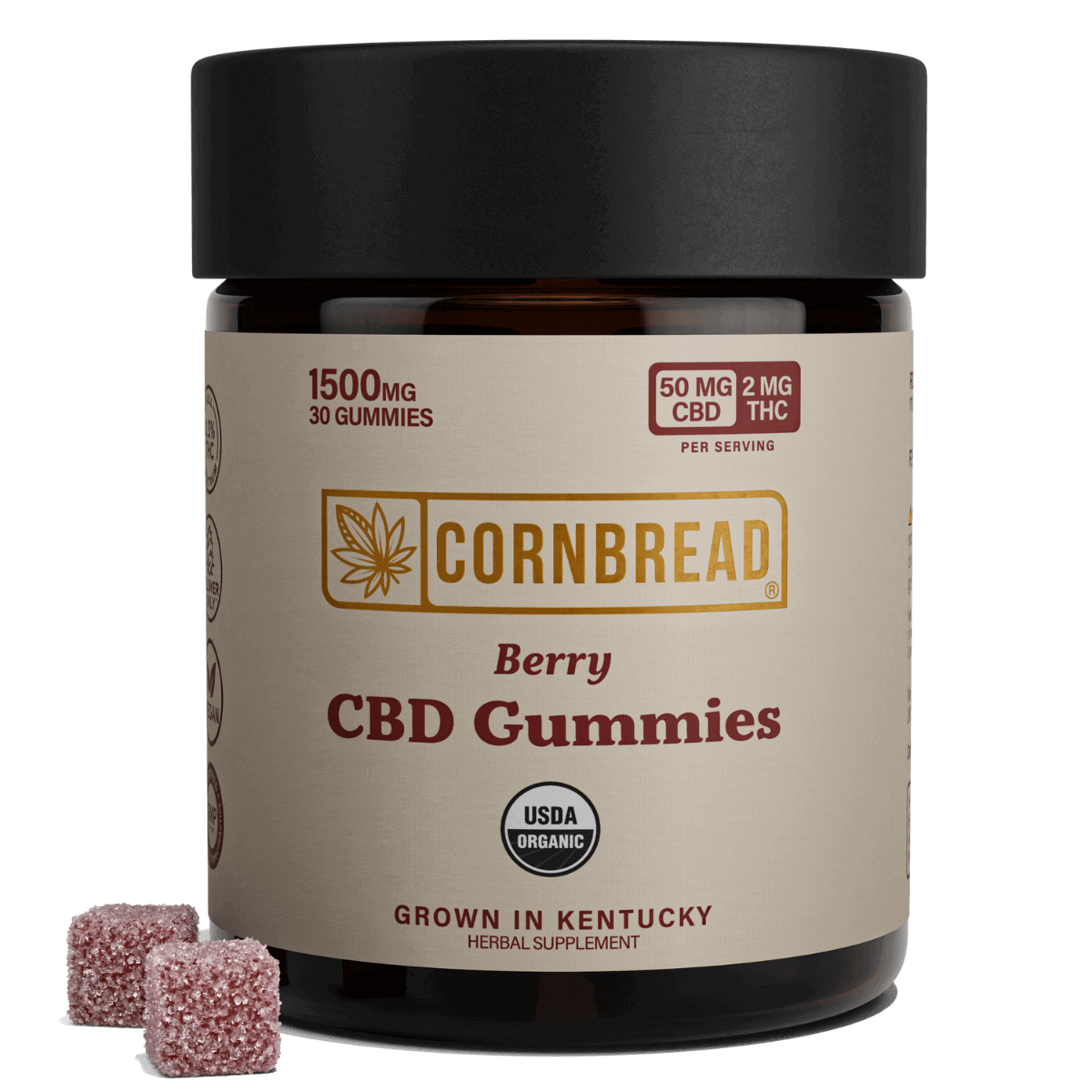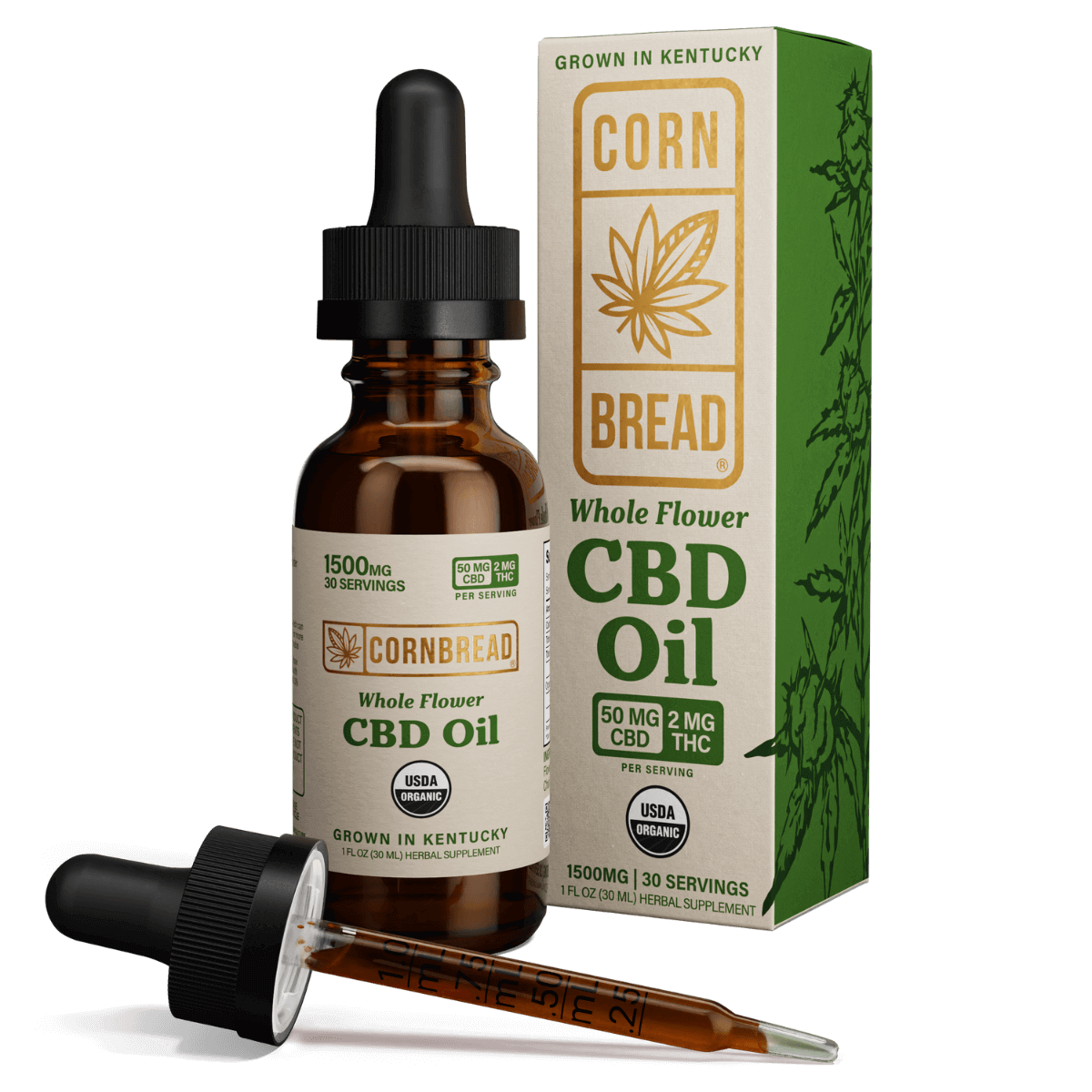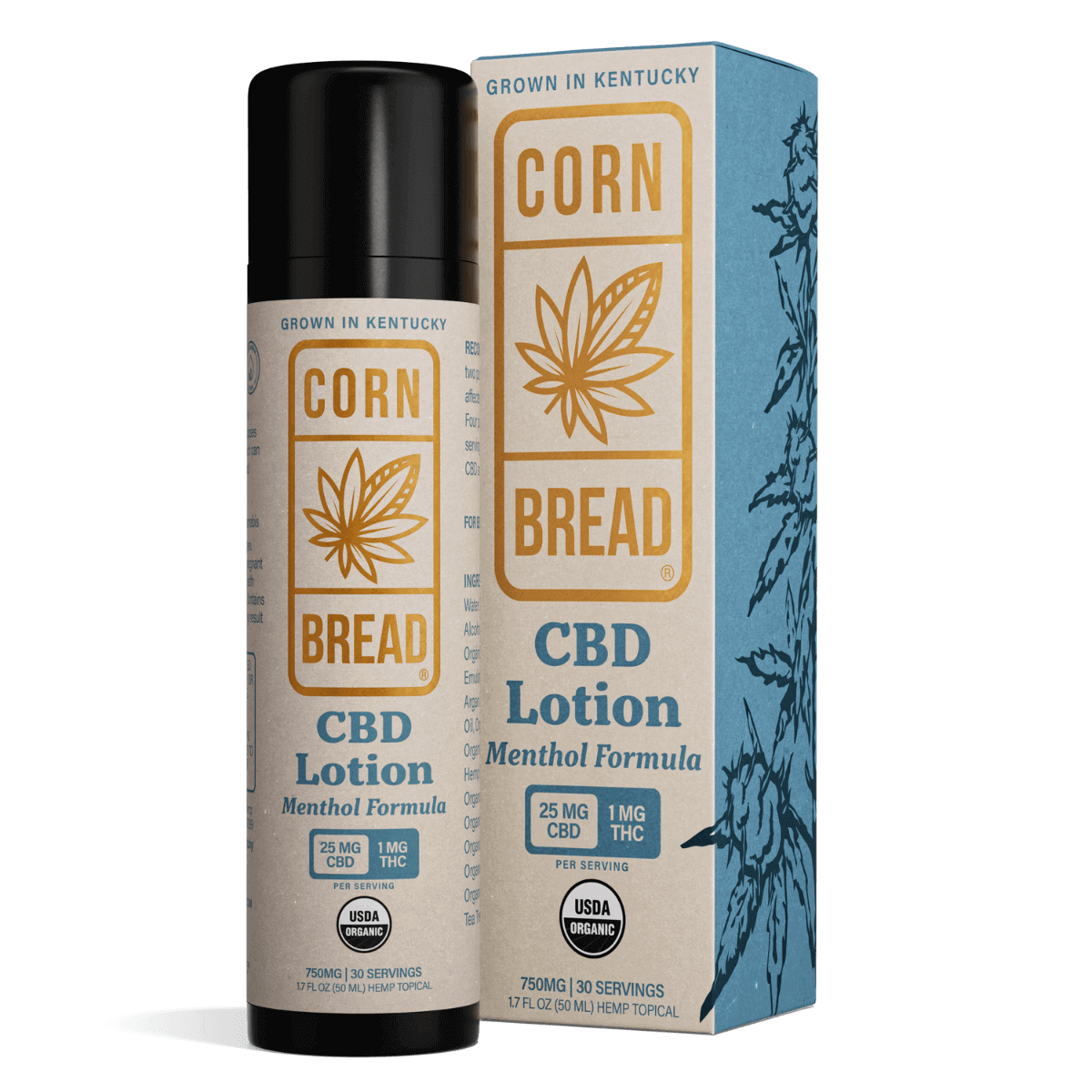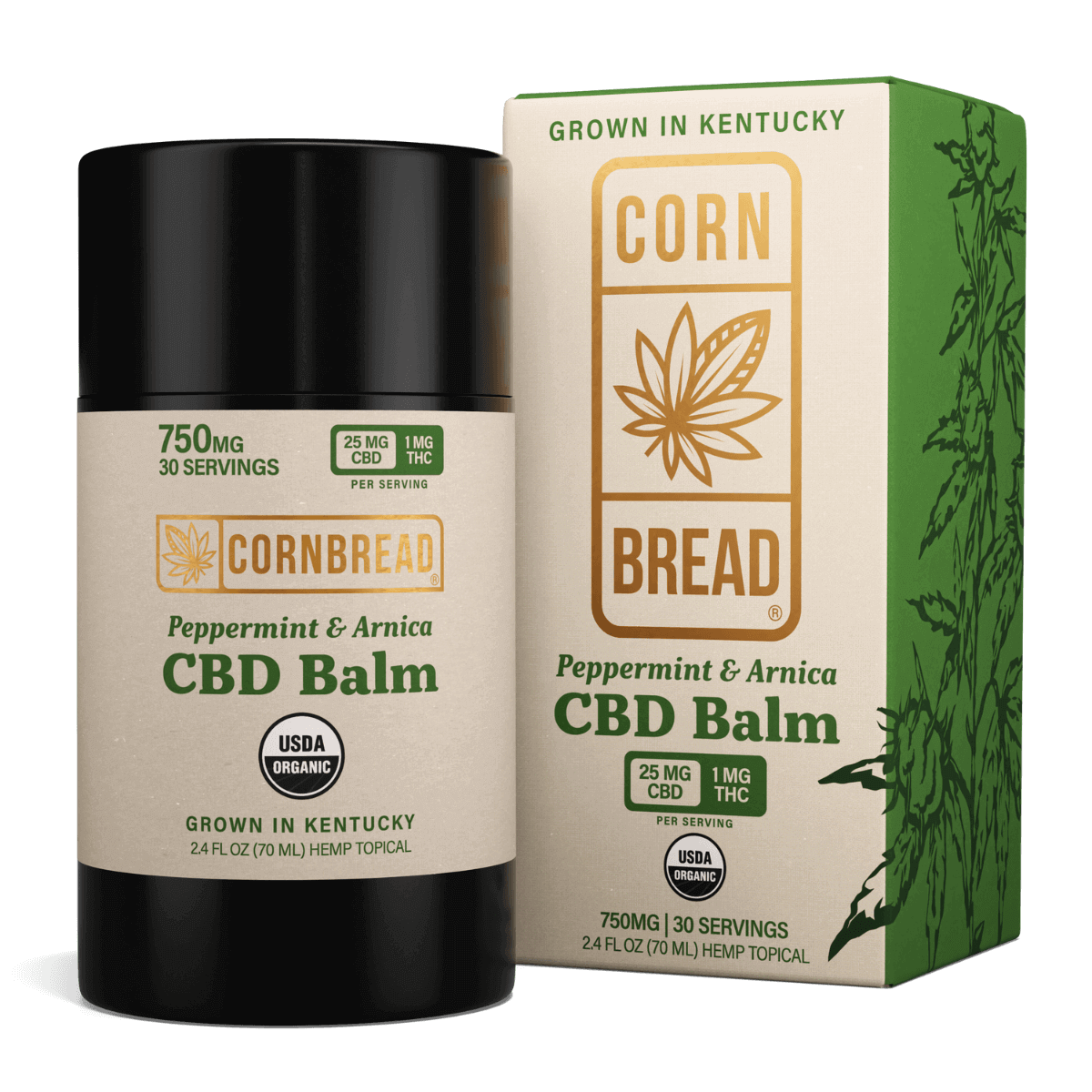Table of Contents
CBD vs THC: How are they different?
Research from our Pharmacist
What are the differences between CBD and THC? It’s a natural question to ask as you learn about the cannabis plant. If CBD comes from the same plant as THC, then why doesn’t CBD get you high? If CBD doesn’t get you high, then what the heck does it do? This article will answer these questions about CBD and THC.
Hemp vs Marijuana
Cannabis, known either as marijuana or hemp depending on the THC level, is one of the most commonly used, grown, and consumed plants in the world. But, only people who do their own research know more than the basics about cannabis, like “THC gets you high.” Yes THC does get you high, but there’s so much more to know. How does tetrahydrocannabinol, or THC, differ from cannabidiol, or CBD?
By 2020, cannabis has been legalized for medical use in at least 35 states and the District of Columbia. Recreational marijuana is legal in at least 15 states and DC. At the federal level, the cannabis plant is legal only if the THC content does not exceed 0.3 percent. These legal hemp-derived CBD products are called hemp.
With hemp legal again, consumers and researchers are becoming more interested in the clinical uses of cannabis. The plant contains multiple compounds that can potentially bring significant health benefits, including both CBD and THC.
Both THC and CBD are cannabis-derived molecules and the two major cannabinoids produced by the plant. So if they come from the same place, why are they so different? What’s the difference between THC and CBD?1,2
CBD vs THC Chart

Where Do CBD and THC Come From?
CBD and THC are two of more than 120 naturally occurring cannabinoids found in the cannabis plant. Cannabinoids are naturally occurring chemical compounds found in cannabis. The most common cannabinoids are CBD and THC.
There are two main sub-species of cannabis plants, Cannabis sativa and Cannabis indica. Both sub-species contain significantly higher concentrations of THC than CBD. Traditionally, hemp plants were sativa varieties of cannabis that grew tall for fiber production. But the Farm Bill of 2018 changed the definition of hemp to mean any cannabis plant with a THC level below 0.3 percent.
This change of the definition of hemp by Congress is the source of confusion for many who thought of hemp only in a historical context. The hemp plants that create full spectrum CBD oils come from sativa-indica hybrids. That means they look and smell exactly like marijuana plants. The only difference is the THC level. Each variety of cannabis, whether marijuana or hemp, has a different ratio of cannabinoids, THC to CBD.3
CBD vs THC, Molecular Differences
When analyzing CBD and THC at a molecular level, they have similar structures but with key differences. Both compounds contain the exact same chemical formula, which contains 21 atoms of carbon, thirty of hydrogen, and two of oxygen. Their molar masses are also relatively identical with THC being 314.469 gram/mol and CBD being 314.464 grams/mol.
With these similar characteristics, one may think they are the same compound. However, the key difference between CBD and THC molecularly is how each is structured. THC contains a cyclic group within its chemical formula at a specific location.
THC’s prefix “tetra-hydro” means that the molecule has four hydrogen atom substituents. By contrast, CBD is structured as a hydroxyl group. This seemingly small difference in molecular structure gives the two compounds entirely different properties.3,4
Effects of CBD vs THC on the Human Body
THC and CBD have different pharmacological effects within the human body, according to available research. Both chemicals act upon the body through cannabinoid receptors, which are a part of the endocannabinoid system, or ECS. The ECS consists of a group of lipid proteins, enzymes, and receptors that may play a role in many physiological processes that science is still studying.
Despite their similarities, CBD and THC play different roles within the ECS. THC acts upon certain cannabinoid receptors in the brain, CB1 receptors, to produce psychoactive effects and can produce the commonly known “euphoric high” effect. On the other hand, CBD does not contain any intoxicating properties. That’s because CBD bonds with CB2 receptors elsewhere in the body, not in the nervous system.
More research is needed. Preliminary literature demonstrates many potential advantages for each chemical. Medical marijuana is legal in at least 35 states with a wide variety of qualifying conditions, depending on the state. The effects of CBD are potentially a lot broader due to its unique role in the ECS, but more research is needed.
Research demonstrates potential advantages of CBD that are too numerous to list here.3 Research on the potential benefits of CBD and THC has been limited. However, there are some formulations of each compound that have been approved for certain conditions.2,5
Differences in Legality of CBD and THC
At least 47 states have legalized CBD products, following federal law. The passage of the Agriculture Improvement Act of 2018, commonly referred to as “the Farm Bill,” legalized hemp at the federal level, as long as the THC remains below 0.3 percent. As of 2021, only two or three states remain that have laws on the books against CBD products.
But still, the government considers THC to be a Schedule 1 controlled substance, keeping it illegal, even though at least 35 states have legalized THC products at the state level. In U.S. states where THC is considered a legal substance, it is still illegal federally. Federal law ultimately overrules state law.8
Full spectrum CBD products, on the other hand, are fully legal as long as a lab report confirms that the THC level is below 0.3 percent, which is an arbitrary standard set by Congress. And as we've learned with CBD gummies, 0.3% of a gummy that weighs 3 grams is actually 9mg per gummy. That means up to 9mg of hemp derived THC is still legal in a gummy that weighs 3 grams.
Drug Testing: CBD and THC
Conventional drug tests that are used for employment and in the criminal justice system are able to detect the presence of THC in the body by measuring one of its metabolites, 9-carboxy-THC, which is the primary psychoactive component of marijuana. However, this metabolite is not a derivative of CBD.6
So, should one be worried about testing positive for THC in a drug test? The answer is yes. Some drug tests are not sophisticated enough to distinguish between THC and CBD metabolites, and can trigger a false positive for THC as a result. Furthermore, the low amounts of THC in full spectrum CBD oils can build up in a person's system over time, which can show up positive on a drug test. There is a new drug test available that analyzes the ratio of CBD-to-THC. By looking at the ratio, this test can determine if a positive THC result is due to full spectrum CBD oil or federally illegal marijuana. But this test is still quite uncommon and must be requested from the lab.
The only real solution to this problem is to change the drug-testing laws in America. If someone is anticipating a future drug test, that person should be careful. A person should assume they will test positive if they have taken CBD regularly within a month of a drug test.
To avoid negative consequences of a surprise positive on a drug test, a person should get a note from their doctor saying they need to take full spectrum CBD oil. And then, that person should talk to their employer’s human resources department. Until laws and workplace norms become more understanding of full spectrum or broad spectrum CBD users, get everything in writing.9
CBD vs THC Conclusion
CBD and THC come from the same plant and their molecular structure is extremely similar. However, they have distinctively different effects within the human body. THC is known to be largely involved in the CB1 receptors of the ECS located in the brain and nervous system. CBD interacts mostly with CB2 receptors, found in tissues throughout the body. For this reason, the effects differ between the two compounds.
The biggest difference is that THC gets you high, and CBD does not. CBD is widely held to be useful in both oil and tincture preparations. At least 35 states allow for the medical use of THC-rich marijuana. Even though CBD is legal under federal law, companies that sell CBD products cannot make medical claims.
With CBD now legal but unregulated, and many people trying to sell hemp seed oil disguised as CBD oil, it is important to understand where CBD products come from and how they are made. Always look for the following signs of a quality CBD product:
- USDA organic seal
- American-sourced hemp
- QR codes that link to lab reports
- Third-party testing for safety and potency
Follow these steps and you will be more likely to find a quality CBD product, like our USDA certified organic CBD oils from Cornbread Hemp — made from organic Kentucky hemp flowers extracted with organic sugarcane ethanol. This yields a robust full spectrum hemp extract that is high in CBD, with as much THC as federal law allows.









